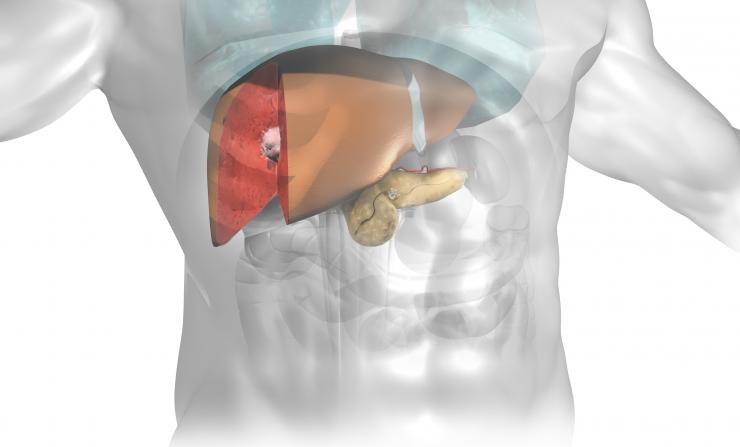The pancreas produces endocrine hormones and pancreatic digestive enzymes. The hormone function is called the endocrine pancreas.
Insulinoma
Insulinomas are tumors on the pancreas that cause the tumor to make too much insulin. When this happens, blood sugar levels drop. Insulinomas are rare and usually benign.
Signs and symptoms of an insulinoma usually include confusion, heart palpitations, excess sweating, weakness, and fatigue. Patients may find that their symptoms are reduced—and they feel better—after eating or drinking, which often leads to weight gain.
These tumors can be challenging to diagnose. Usually, a supervised fast in the hospital is recommended if your doctor suspects that you have one. This diagnostic test allows your doctor to monitor your blood sugar and other processes while there is no food or drink in your system (you are allowed to drink water). Imaging tests, such as computed tomography (CT) scan or ultrasound, can also be used to find and diagnose an insulinoma.
Gastrinoma (Zollinger-Ellison Syndrome)
Zollinger-Ellison syndrome (ZES) is a rare digestive disease caused by a tumor (gastrinoma) in the pancreas or small intestine. These tumors, called gastrinomas, release the hormone gastrin, which causes too much acid in the stomach. While stomach acid is needed to break down food, too much acid can lead to painful ulcers inside the lining of the stomach and intestine causing significant health problems. Some gastrinoma tumors can be cancerous.
A gastrinoma can be diagnosed with laboratory tests that measure stomach acid levels and gastrin levels. Your doctor may order imaging tests (CT scan or endoscopic ultrasound) to locate the tumor.
Zollinger-Ellison syndrome can be treated with medication to reduce stomach acid and prevent ulcers from forming. However, in many cases, surgery is needed to remove the tumor(s) from the digestive tract. Chemotherapy may be necessary if the gastrinoma(s) is cancerous and has spread to other parts of the body.
Multiple Endocrine Neoplasia, Type 1 (MEN-1)
Multiple endocrine neoplasia, type 1 (MEN-1), is a genetic disorder that affects the body's hormone-producing glands. MEN-1 can lead to tumors in the parathyroid, pancreas, and pituitary glands. These tumors may produce excess hormones, including gastrin and insulin. MEN-1 usually affects the parathyroid glands, resulting in hyperparathyroidism.








 Credit
Credit
